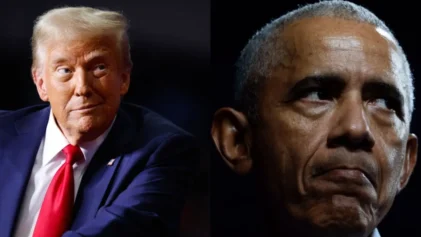Brazil’s President, Dilma Rousseff, has postponed a state visit to Washington after allegations that the National Security Agency had targeted her emails and phone calls.
BBC reports that it has also been alleged that the NSA hacked state-run oil company Petrobras and intercepted billions of emails and calls to Brazilians.
Secretary of State John Kerry has previously defended the NSA’s actions, saying they were necessary to combat terrorism.
“Brazil and other countries will understand exactly what we are doing, why and how – and we will work together to make sure that whatever is done is done in a way that respects our friends and our partners,” he said last month on a visit to the country, according to the report.
Brazil’s Rousseff targets internet companies after NSA spying
Angered by reports that the American government spied on her and other Brazilians, Rousseff is pushing new legislation that would force Google, Facebook and other Internet companies to store locally gathered data inside Brazil, Reuters reports.
The legislation would force foreign-based Internet companies to maintain data centers inside Brazil that would then be governed by Brazilian privacy laws, officials said.
Internet companies operating in Brazil are currently free to put data centers wherever they like. Facebook Inc., for example, stores its global data in the United States and a new complex in Sweden.
Rousseff believes that the change would help shield Brazilians from further U.S. prying and she is considering urging other countries to take similar measures when she speaks at the United Nations General Assembly later this month, a senior Brazilian official told Reuters.
For Obama, Brazil’s diplomatic rebuke compounds a troublesome stretch
For President Barack Obama, an embarrassing diplomatic rebuke by Brazil has compounded an already troublesome stretch for the White House both at home and abroad, the Washington Post reports.
Rousseff’s decision deepened the global fallout for Obama from revelations about NSA surveillance programs, which have also angered many Americans. The announcement also came amid criticism of Obama’s public shifting over the threat of U.S. military action against Syria.
Some foreign policy analysts say such issues raise questions about Obama’s standing around the world.
“The real issue becomes, How does this affect American influence in the world?” said Carl Meacham, director of the Americas program at the Center for Strategic and International Studies. “Is American influence knocked down a few notches as a result of this?” He called Rousseff’s action “almost unheard of.”


